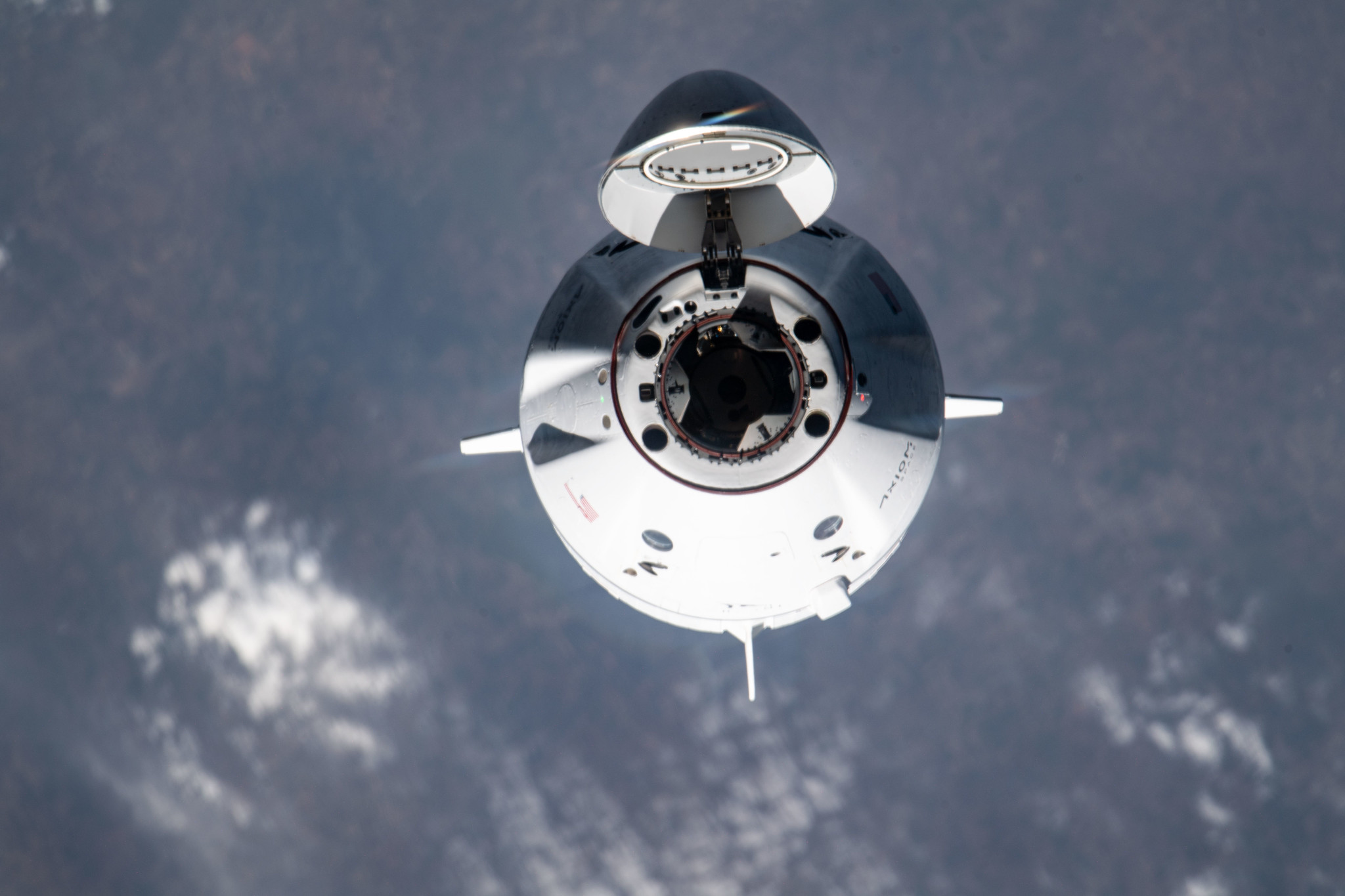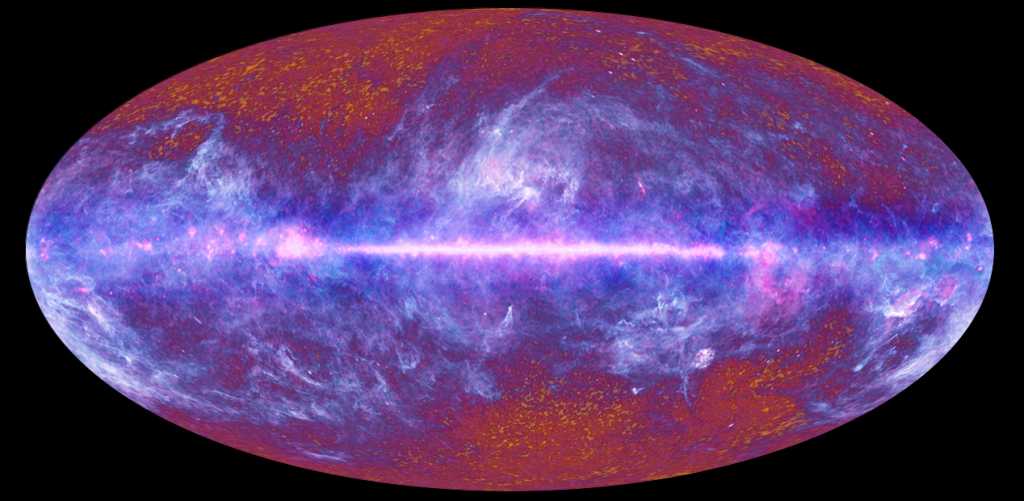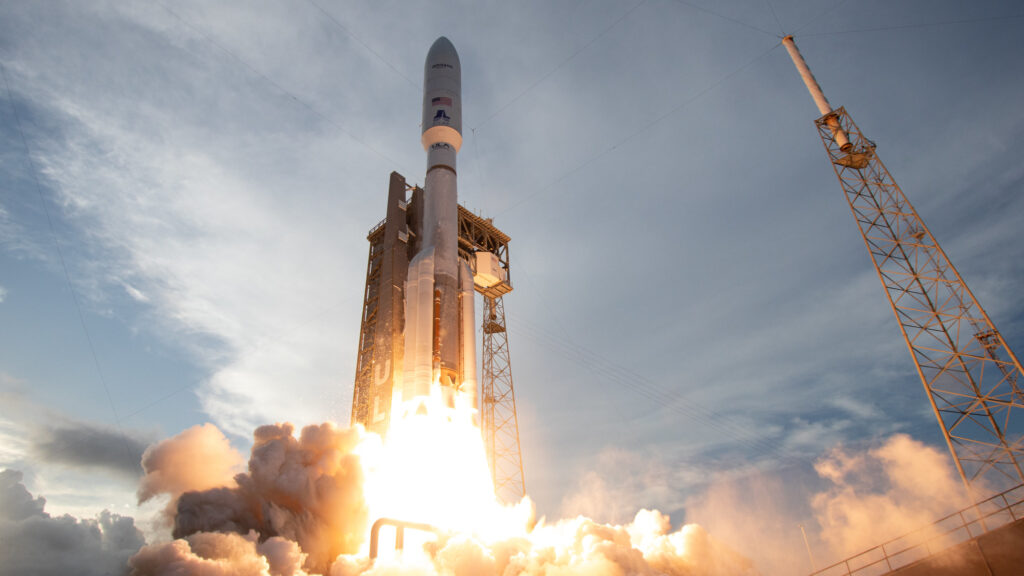NASA, Axiom Space, and SpaceX are targeting 8:22 a.m. EDT, Tuesday, June 10, for launch of the fourth private astronaut mission to the International Space Station, Axiom Mission 4.
The mission will lift off from Launch Complex 39A at NASA’s Kennedy Space Center in Florida. The crew will travel to the orbiting laboratory on a new SpaceX Dragon spacecraft after launching on the company’s Falcon 9 rocket. The targeted docking time is approximately 12:30 p.m., Wednesday, June 11.
NASA will stream live coverage of launch and arrival activities on NASA+. Learn how to watch NASA content through a variety of platforms, including social media.
NASA’s mission responsibility is for integrated operations, which begins during the spacecraft’s approach to the space station, continues during the crew’s approximately two-week stay aboard the orbiting laboratory while conducting science, education, and commercial activities, and concludes once the spacecraft exits the station.
Peggy Whitson, former NASA astronaut and director of human spaceflight at Axiom Space, will command the commercial mission, while ISRO (Indian Space Research Organisation) astronaut Shubhanshu Shukla will serve as pilot. The two mission specialists are ESA (European Space Agency) project astronaut Sławosz Uznański-Wiśniewski of Poland and Tibor Kapu of Hungary.
As part of a collaboration between NASA and ISRO, Axiom Mission 4 delivers on a commitment highlighted by President Trump and Indian Prime Minister Narendra Modi to send the first ISRO astronaut to the station. The space agencies are participating in five joint science investigations and two in-orbit science, technology, engineering, and mathematics demonstrations. NASA and ISRO have a long-standing relationship built on a shared vision to advance scientific knowledge and expand space collaboration.
The private mission also carries the first astronauts from Poland and Hungary to stay aboard the space station.
NASA will join the mission prelaunch teleconference hosted by Axiom Space (no earlier than one hour after completion of the Launch Readiness Review) at 6 p.m., Monday, June 9, with the following participants:
- Dana Weigel, manager, International Space Station Program, NASA
- Allen Flynt, chief of mission services, Axiom Space
- William Gerstenmaier, vice president, Build and Flight Reliability, SpaceX
- Arlena Moses, launch weather officer, 45th Weather Squadron, U.S. Space Force
To join the teleconference, media must register with Axiom Space by 12 p.m., Sunday, June 8, at:
NASA’s mission coverage is as follows (all times Eastern and subject to change based on real-time operations):
Tuesday, June 10
6:15 a.m. – Axiom Space and SpaceX launch coverage begins.
7:25 a.m. – NASA joins the launch coverage on NASA+.
8:22 a.m. – Launch
NASA will end coverage following orbital insertion, which is approximately 15 minutes after launch. As it is a commercial launch, NASA will not provide a clean launch feed on its channels.
Wednesday, June 11
10:30 a.m. – Arrival coverage begins on NASA+, Axiom Space, and SpaceX channels.
12:30 p.m. – Targeted docking to the space-facing port of the station’s Harmony module.
Arrival coverage will continue through hatch opening and welcome remarks.
All times are estimates and could be adjusted based on real-time operations after launch. Follow the space station blog for the most up-to-date operations information.
The International Space Station is a springboard for developing a low Earth economy. NASA’s goal is to achieve a strong economy off the Earth where the agency can purchase services as one of many customers to meet its science and research objectives in microgravity. NASA’s commercial strategy for low Earth orbit provides the government with reliable and safe services at a lower cost, enabling the agency to focus on Artemis missions to the Moon in preparation for Mars while also continuing to use low Earth orbit as a training and proving ground for those deep space missions.
Learn more about NASA’s commercial space strategy at:
https://www.nasa.gov/commercial-space
-end-
Claire O’Shea
Headquarters, Washington
202-358-1100
claire.a.o’shea@nasa.gov
Anna Schneider
Johnson Space Center, Houston
281-483-5111
anna.c.schneider@nasa.gov




